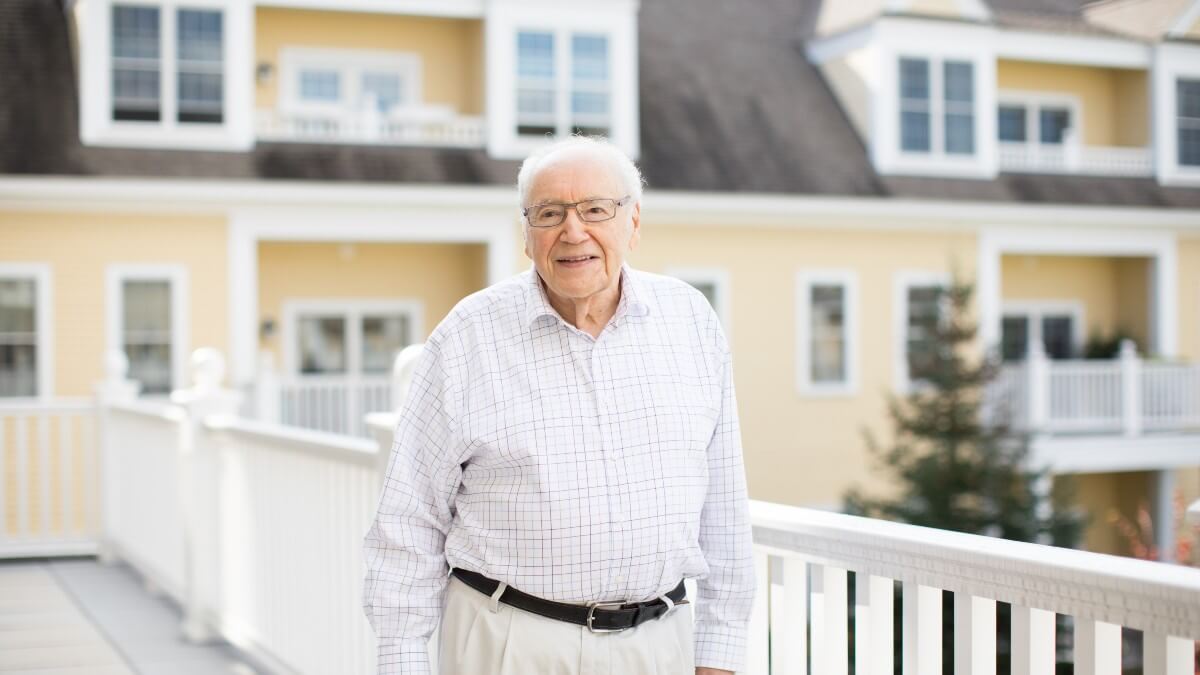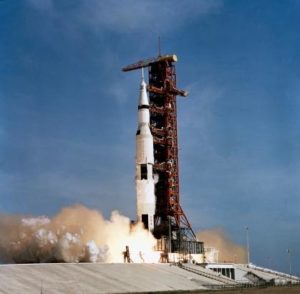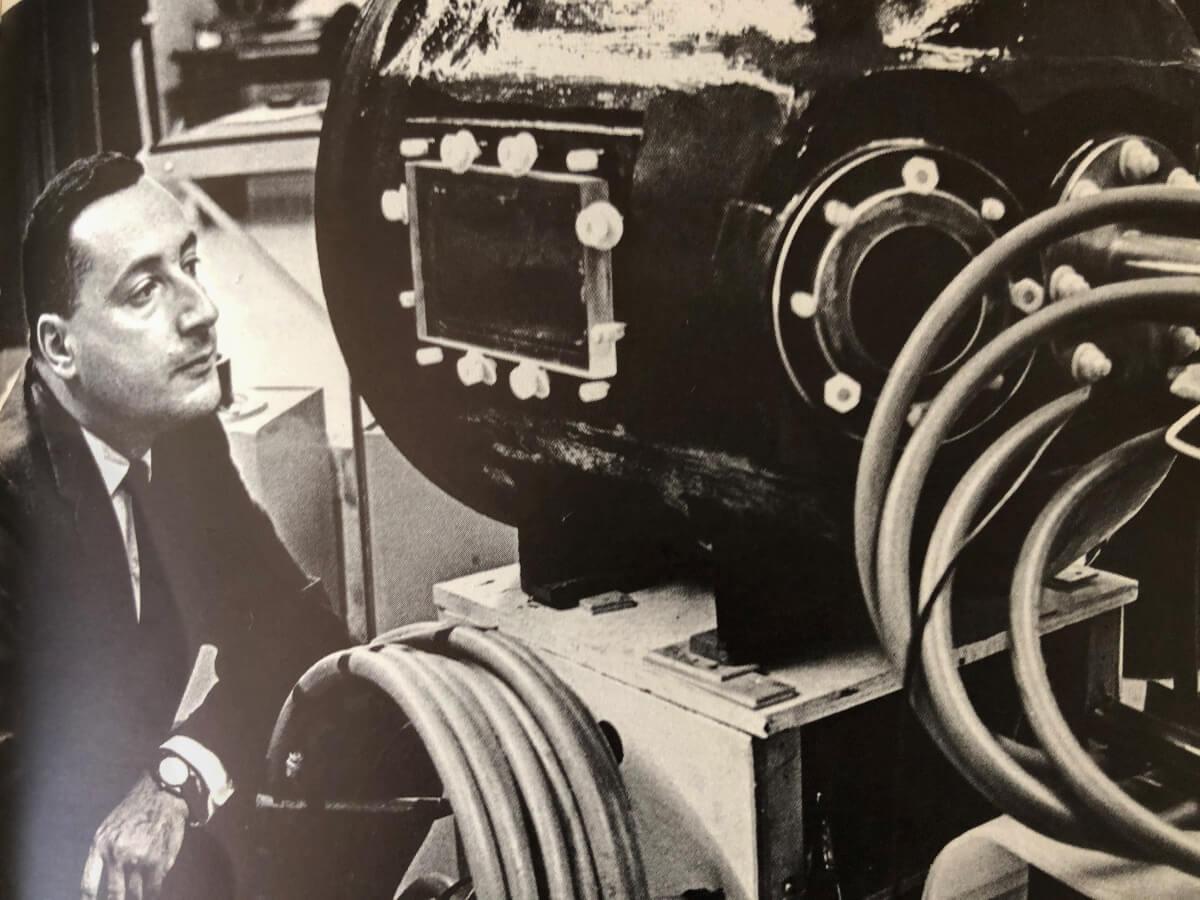Who We Are – Orbits of Greatness
From role in Apollo 11 mission to advancing engineering studies, resident’s professional impact is far-reaching

 Sometime after the dawn of the 1960s, Dr. Arthur Winston agreed to have lunch with a friend’s son to talk about the boy’s future. They talked about his tours in Korea as an Air Force ace and his graduate studies at Massachusetts Institute of Technology (MIT) where Dr. Winston worked as a physicist.
Sometime after the dawn of the 1960s, Dr. Arthur Winston agreed to have lunch with a friend’s son to talk about the boy’s future. They talked about his tours in Korea as an Air Force ace and his graduate studies at Massachusetts Institute of Technology (MIT) where Dr. Winston worked as a physicist.
Arthur suggested he should work for NASA. The young man went on to finish his Ph.D. in astronautics and did just that.
His name was Edwin Eugene Aldrin, Jr. — they called him “Buzz.”
A few years later, Dr. Winston and his team were asked to develop a system that would monitor Apollo 11’s heat-shield as it descended burning through the atmosphere — bringing Aldrin and company safely home to Earth on that fateful summer day in 1969.
Orbits of Greatness
Arthur W. Winston’s accomplishments read like a litany of bespectacled American heroism:
- Doctorate from MIT in nuclear physics
- Appalachian Mountain Club – High Altitude Trekker
- Longtime record holder for deepest, hottest oil well logging
- Holder of multiple patents
- Founder of several companies solving engineering problems with physics
With one of those companies he developed a global nuclear-test monitoring system that gave the U.S. leverage in the Strategic Arms Limitation Talk that signified the end of the nuclear arms race. Which he’s not allowed to talk about.
But he says almost gleefully, it’s his academic successes he’s most proud of. He always kept ties in academia, and in the 80s, he and Dr. Bernard Gordon discovered a missing link in the American education system and co-founded a university for engineering business management. The Gordon Institute was later absorbed into Tufts University and set the model for engineering schools around the world.
An Object in Motion
Dr. Winston continued teaching for many years at the institute he’d helped create and returned periodically to MIT and Northeastern University as a visiting associate – teaching classes that were always standing-room only.
In 2004, Dr. Arthur William Winston was elected president of the Institute of Electrical and Electronics Engineers (IEEE) and ran it as executive director for several years, staying closely involved even through retirement.
Then in 2007, the National Academy of Engineering awarded him the Gordon Prize, recognizing his leadership in academia for the development of new educational approaches to engineering.
Even now, he still chimes in on engineering problems, still lends his voice to the realm of technical education, and still envisions complex solutions.
An Object at Rest
A couple years ago when it came time to downsize their life, Arthur Winston and his wife toured several retirement facilities in the Boston area — hoping to be close to their children — and there was something about the general vibe and welcoming environment of The Commons at Lincoln that stood out.
So they moved into an Independent Living apartment there, not an hour’s drive from Boston.
Just months into his move at The Commons, he was asked to establish a men’s discussion group sharing knowledge about relevant topics like:
- Insomnia: Challenges and side effects
- Legality and benefits of CBD and medical cannabis
- Guns and gun control
- Healthcare for who?
- What’s exciting and terrifying about artificial intelligence
“You couldn’t ask for a better community,” he says. “It’s amazing.”
Meanwhile he and his wife attend concerts, lectures, health programs at the gym and swimming pool. Or you might as easily find him in the Great Room, reading up on the latest developments in nuclear physics and quantum theory.

The Commons in Lincoln


